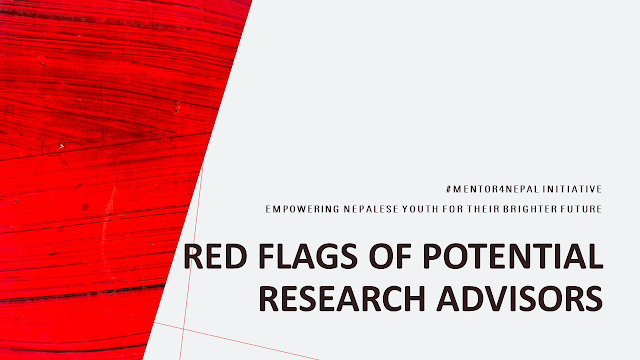Mentoring in a digital age
Mentoring is a powerful tool that can help people learn, grow, and succeed. It is a relationship between a more experienced person (the mentor) and a less experienced person (the mentee) in which the mentor provides guidance, support, and advice.
Mentoring has been around for centuries, but it has taken on new forms in the digital age. The internet has made it possible for people to connect with mentors from all over the world, and social media has made it easier to stay connected with mentors even when they are not in the same physical location.
There are many benefits to mentoring in a digital age. For mentees, it can provide access to mentors who they would not otherwise have access to, and it can help them to build a network of support. For mentors, it can provide a way to give back to the community and to help others succeed.
However, there are also some challenges to mentoring in a digital age. One challenge is that it can be difficult to build trust and rapport when the mentor and mentee are not meeting in person. Another challenge is that it can be difficult to maintain confidentiality when communication is taking place online.
Despite these challenges, mentoring in a digital age can be a very effective way to help people learn, grow, and succeed. With careful planning and execution, it can provide mentees with the support they need to achieve their goals.
Here are some of the opportunities and challenges of mentoring in a digital age:
Opportunities
- Access to a wider range of mentors: In the past, mentees were limited to mentors who were in their immediate vicinity. However, the internet has made it possible for mentees to connect with mentors from all over the world. This can be especially beneficial for mentees who live in rural areas or who have limited access to mentors in their local community.
- Flexibility: Mentoring in a digital age can be more flexible than traditional mentoring. Mentees and mentors can communicate at their own convenience, and they can do so from anywhere in the world. This can be especially beneficial for busy professionals who do not have a lot of time to meet in person.
- Cost-effectiveness: Mentoring in a digital age can be more cost-effective than traditional mentoring. There are no travel costs involved, and mentors can often provide their services for free. This can make mentoring accessible to a wider range of people.
Challenges
- Building trust and rapport: It can be difficult to build trust and rapport when the mentor and mentee are not meeting in person. This is because nonverbal cues, such as body language and facial expressions, are not available. Mentors and mentees need to be intentional about building trust and rapport, and they need to be patient.
- Maintaining confidentiality: It can be difficult to maintain confidentiality when communication is taking place online. This is because there is always the risk that someone could intercept the communication. Mentors and mentees need to be careful about what they share online, and they need to make sure that they are using secure communication channels.
- Managing expectations: It is important to manage expectations when mentoring in a digital age. Mentors and mentees need to be clear about what they hope to achieve from the relationship, and they need to be realistic about the time and effort that it will take.
Despite the challenges, mentoring in a digital age can be a very effective way to help people learn, grow, and succeed. With careful planning and execution, it can provide mentees with the support they need to achieve their goals.
#mentoring #digitalage #opportunities #challenges #careerdevelopment #professionaldevelopment #leadership #personaldevelopment #networking #socialmedia #onlinelearning #virtualmentoring #mentoringprograms #mentoringresources #mentoringtips #mentoringadvice #findamentor #becomeamentor #mentoringsuccess #mentoringmatters #M4N #Mentor4Nepal
Declaimer: This article was generated with the help of Bard, a large language model
from Google AI. Bard is still under development, and it is not able to generate
text that is completely accurate or error-free. The information in this article
is for general informational purposes only and should not be considered a
substitute for professional advice.
I, Tri Dev Acharya, do not make any representations or
warranties of any kind, express or implied, about the completeness, accuracy,
reliability, suitability, or availability of the information. Any reliance you
place on this information is strictly at your own risk. I will not be liable
for any loss or damage arising from the use of this article or any links
provided.




Comments
Post a Comment